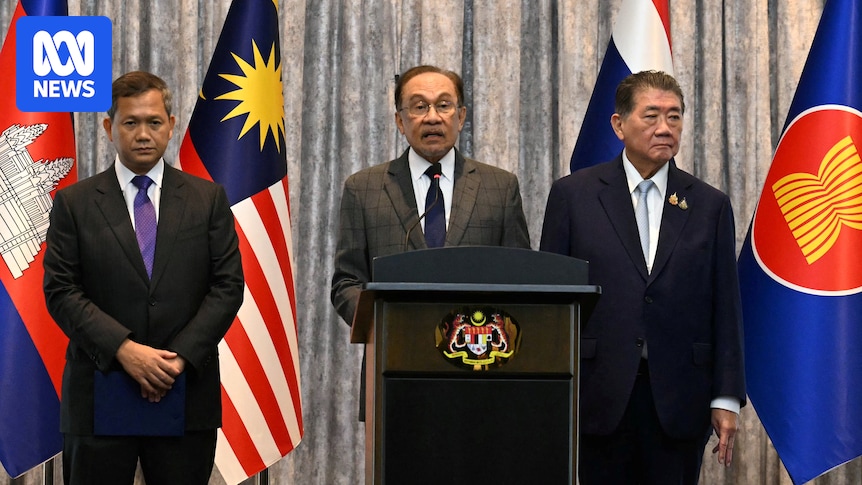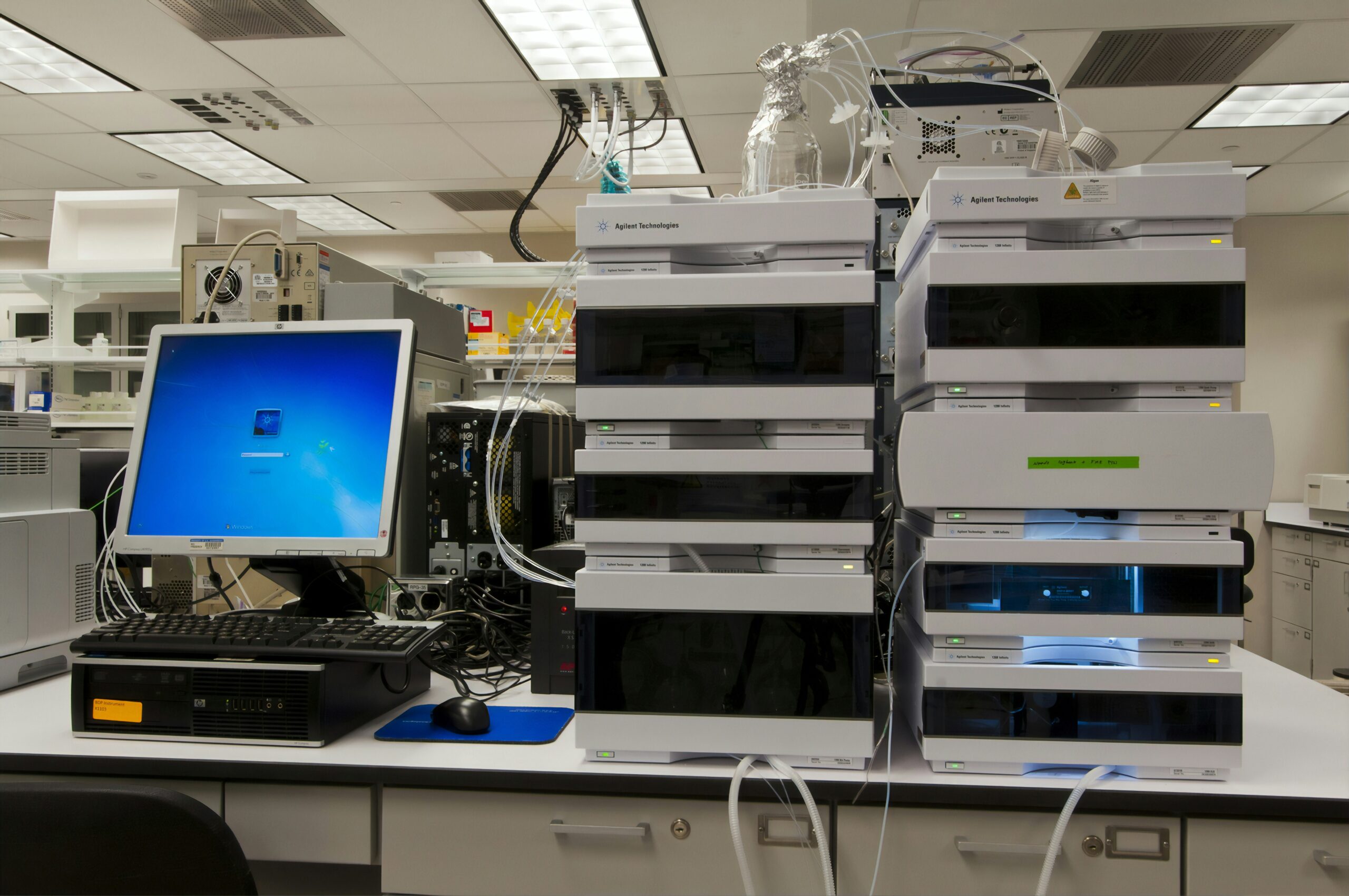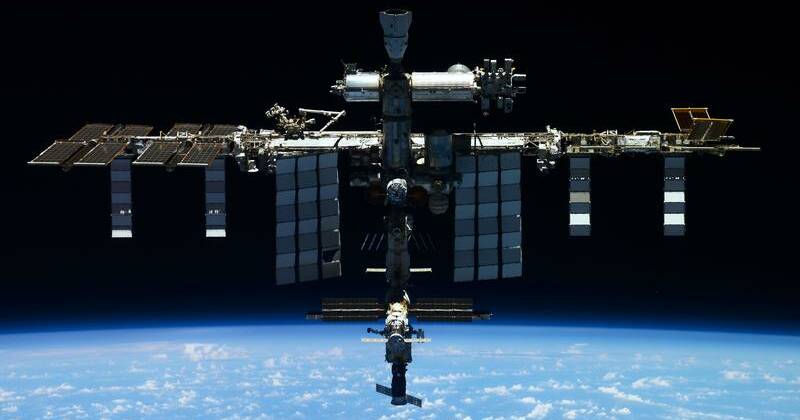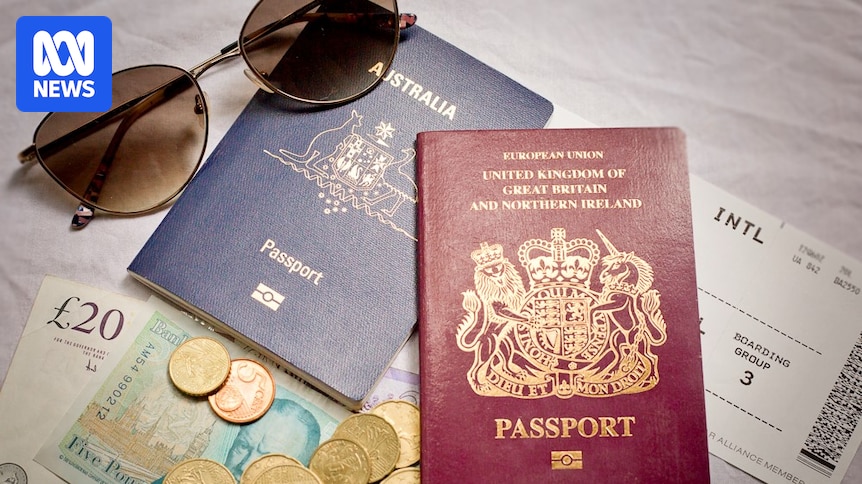
The leaders of Thailand and Cambodia have reached an agreement for an immediate and unconditional ceasefire, aiming to halt the recent surge in border clashes. This announcement was made by Malaysian Prime Minister Anwar Ibrahim following a series of diplomatic talks held in Malaysia.
“Both Cambodia and Thailand reached a common understanding as follows: One, an immediate and unconditional ceasefire with effect from 24 hours local time, midnight on July 28, 2025, tonight,” Prime Minister Anwar stated after the mediation talks. The discussions were chaired by Anwar in his capacity as head of the ASEAN regional bloc, with both nations agreeing to take steps towards restoring normalcy.
Background of the Conflict
The border tension between Thailand and Cambodia has escalated into an armed conflict that has claimed more than 10 civilian lives and displaced hundreds of thousands. The violence erupted on Thursday in a disputed area along Thailand’s eastern border with Cambodia, with both sides accusing each other of initiating the hostilities.
In response to the conflict, both countries had recalled their ambassadors, and Thailand closed all border crossings with Cambodia, except for migrant Cambodian workers returning home. The fighting, described as the deadliest clash between the two neighbors in over a decade, has resulted in over 30 fatalities.
International Involvement and Diplomatic Efforts
The ceasefire agreement follows direct pressure from international powers, including the United States. President Donald Trump had warned that the US might reconsider trade deals with both countries if the conflict persisted. Additionally, representatives from China and the US attended the talks as observers, indicating the global concern over the situation.
“We have informed that we don’t have trust in Cambodia. All they have done is reflect that they are not sincere in solving this problem. So they have to show [what] they will do to prove their sincerity,” stated Thailand’s Acting Prime Minister Phumtham Wechayachai before the talks.
ASEAN’s Role and Reactions
The violence marks a rare instance of open military confrontation between ASEAN member states, a 10-nation regional bloc known for its emphasis on non-aggression and peaceful dialogue. In a statement, ASEAN foreign ministers expressed their concern over the rising death toll and the displacement of people along the disputed border areas.
“The ASEAN ministers reiterated concern over the rising death toll, destruction of public properties, and displacement of a large number of people along the disputed border areas.”
The conflict has also drawn attention from religious leaders, with Pope Leo XIV expressing his prayers for those affected by the clashes, particularly children and displaced families.
Human Impact and Future Prospects
The border dispute, which dates back decades, has seen tensions escalate since a Cambodian soldier was killed in a skirmish with Thai troops in May. The recent violence has forced many civilians to flee their homes, seeking refuge in relocation camps.
Phum Sokhorn, a 62-year-old farmer who fled his home, expressed his desire for peace. “Staying here is miserable. We can’t make any income — we just wait for some little aid,” he said. Sokhorn urged Thailand to resolve the conflict through legal means at the International Court of Justice (ICJ).
“I urge Thailand to stop the conflict with Cambodia and take the dispute through legal means at the ICJ.”
As the ceasefire takes effect, a border summit is scheduled to be hosted by Cambodia on August 4, providing a platform for further diplomatic engagement. The international community will be watching closely to see if this agreement marks a turning point towards lasting peace in the region.







